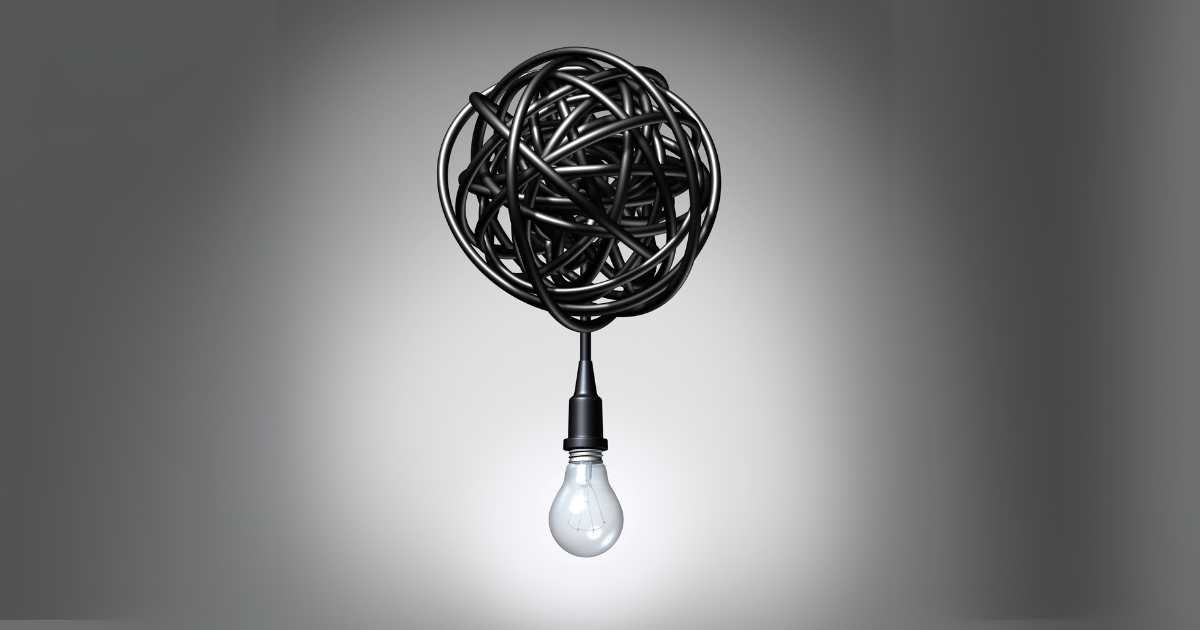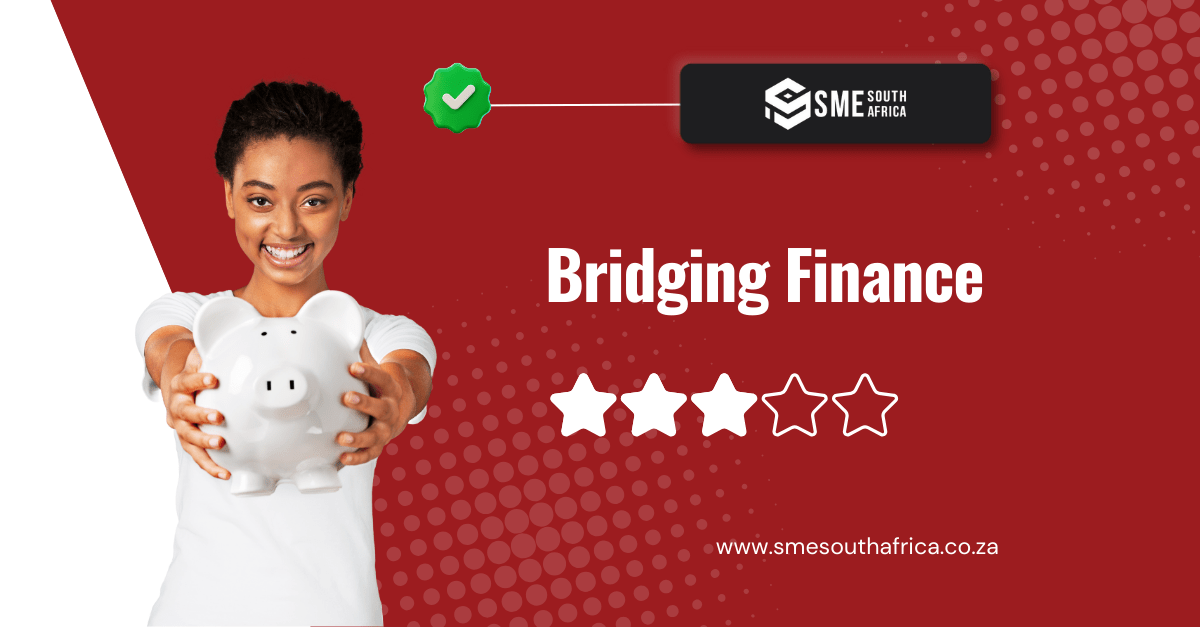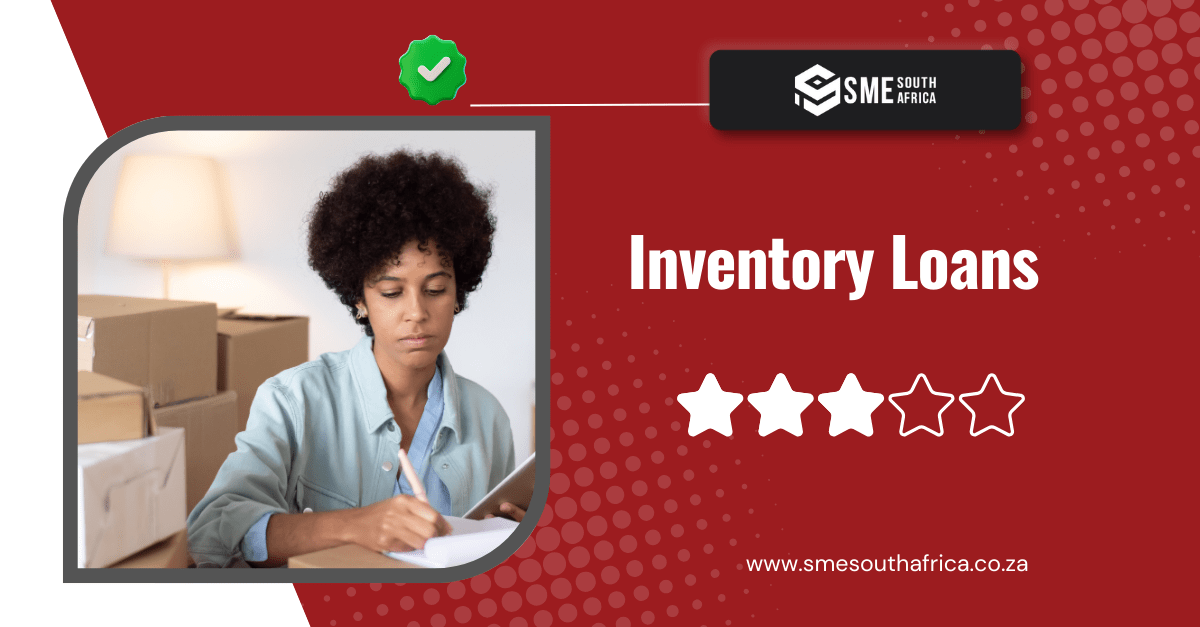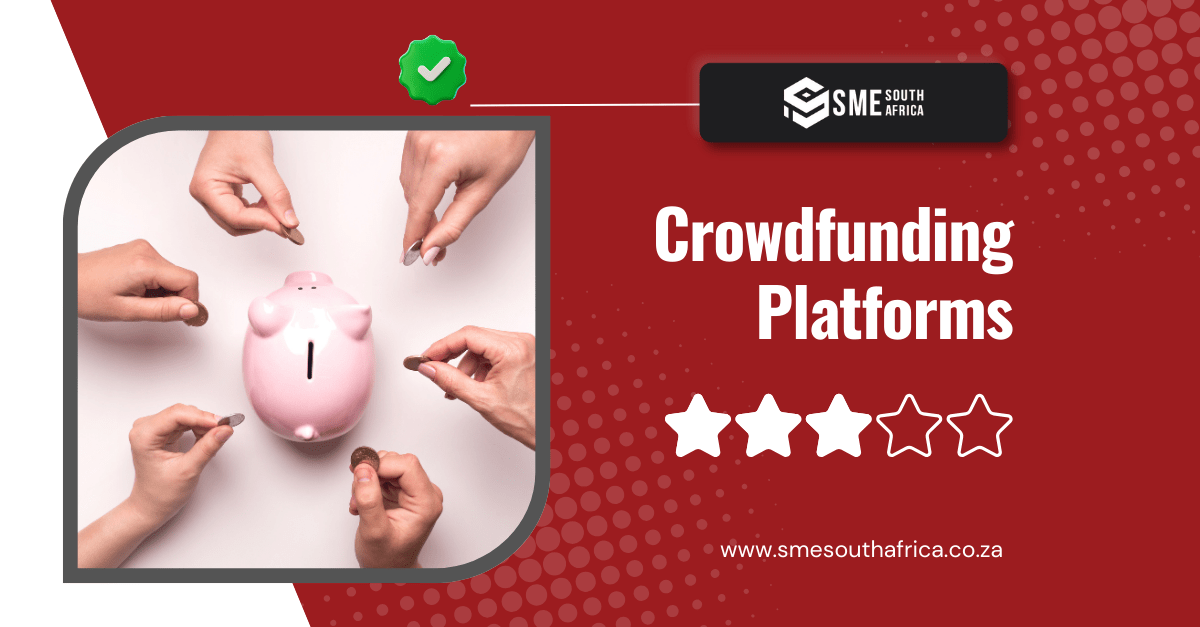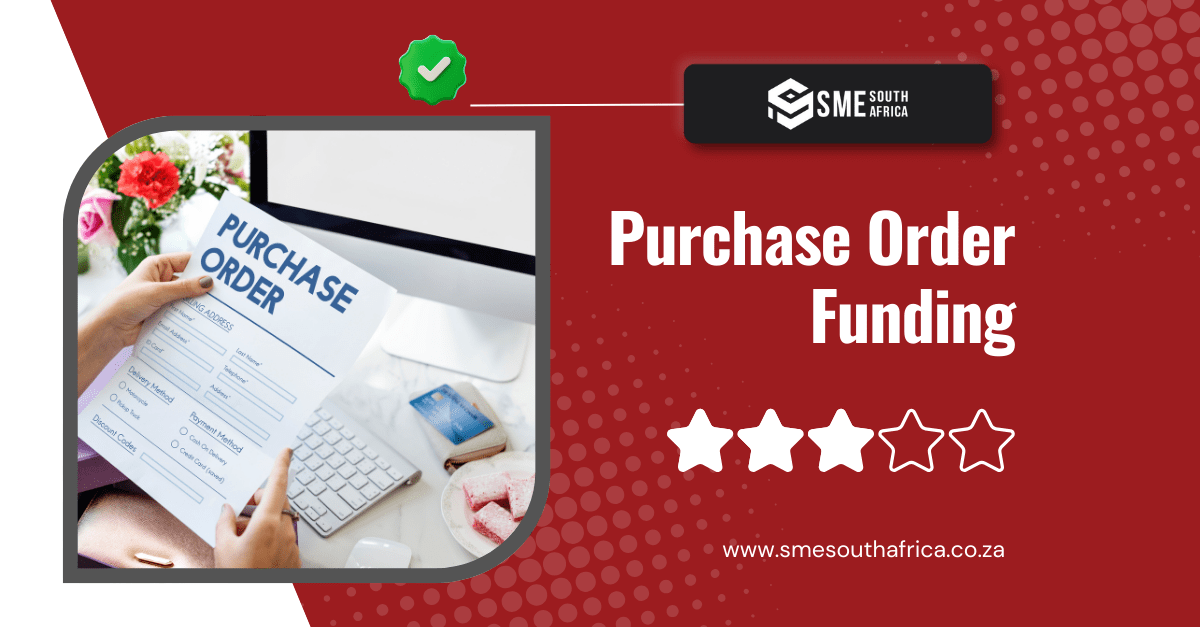
Access to funding for small businesses is hard to secure. Most lenders are only willing to consider the applications of businesses with a lot of assets and high turnovers. To help small businesses get funding, the government developed the Small Enterprise Finance Agency (Sefa).
According to recent statistics, only 6% of new small to medium-sized enterprises (SMEs) use business loans or funding to start their business. This is compared to 44% being funded out of savings.
Funding is important for small businesses, and the work that Sefa plays in giving funding is vital. In this article, we look at the role of Sefa, their funding model and what you need to apply.
What is Sefa?
Sefa is a government organisation which provides financial products and services to SMEs. The organisation’s services are defined by the National Small Business Act of 1996.
Sefa provides financial support through a hybrid system of wholesale and direct lending. Sefa is an agency arm of the Department of Small Business Development and is a wholly-owned subsidiary of the Industrial Development Corporation (IDC).
Sefa provides financial support within the following sectors:
- Retail, wholesale, trade and tourism.
- Manufacturing (includes agro-processing).
- Agriculture (land reform beneficiaries and contract farming activities).
- Construction (small contractors).
- Mining (small scale miners).
- Green industry (renewable energy, waste and recycling management).
What Does Sefa Do?
Sefa outlines its core functions as to foster the establishment, development and growth of SMEs and cooperatives. It also seeks to contribute towards poverty alleviation, job creation and economic growth.
Sefa provides financial support to SMEs using the following methods:
- Wholesale and direct lending credit facilities and cooperatives.
- Sefa provides credit guarantees to SMEs and cooperatives.
- Supports the strengthening of financial intermediaries, so they can better help small and micro enterprises.
- Sefa seeks to create strategic partnerships with different institutions for sustainable SME development and support.
- Sefa monitors the effectiveness and impact of financing, credit guarantees and capacity development activities.
- Developing partner-approved finance products, tools and channels to provide affordable finance for SMEs.
Types of Funding From Sefa
As mentioned before, Sefa has two types of funding products: direct and wholesale lending. Direct lending means that Sefa provides loans directly to SMEs. The loan amounts range from R50 000 up to R15 million.
Sefa Direct Lending Products
Asset finance – Sefa helps you with funding for any business assets and also helps you find a range of new and/or used assets.
Bridging loan – Sefa provides you with a short-term loan to help you with working capital. This can help you purchase stock and/or operating overheads.
Revolving loan – A Sefa revolving loan is a line of credit which the borrower can use whenever they need.
Term loan – Sefa offers term loans to SMEs to purchase other moveable assets.
Note: The Tourism Equity Fund is also a direct lending channel that is overseen by Sefa.
Sefa also has a range of direct lending programmes for SMEs. The programmes are outlined as follows:
Business Recovery Package – This is a blended finance scheme aimed at helping uninsured businesses that were negatively affected by the looting that took place in KZN and Gauteng.
Youth Challenge Fund – The fund provides support to youth businesses/ enterprises.
Township and Rural Enterprise Programme – This programme supports informal, micro and small enterprises in rural and township economies.
Amavulandlela Funding Scheme – The scheme offers persons with disabilities opportunities to enter the mainstream economy by getting access to credit facilities.
Small Enterprise Manufacturing Support – This programme is targeted at underserved economies by providing support to small-scale manufacturers.
Criteria for Direct Lending Support
To qualify for the Sefa direct lending support, you need to meet the following criteria:
- You must be a South African citizen with valid documents.
- You must be a registered business with the Companies and Intellectual Property Commission (CIPC).
- Your business must operate in South Africa and be run by a South African.
- You must maintain a staff consisting of at least 95% South Africans.
- At least one member/shareholder must be involved in the business on an operational basis.
- Your business must demonstrate an ability to generate the level of development state in the Sefa corporate plan.
- Your business must be sustainable and commercially viable.
- For direct lending loan facilities, your business must be 51% black-owned.
Note: Sefa has a list of exclusions that it will not consider for direct lending. Check out the list and ensure your project does not fall under them.
Wholesale Lending Products
Sefa’s wholesale lending products provide facilities (debt or equity) to intermediaries, joint ventures, partnerships and other collaborative relationships. Loans under wholesale lending are up to R 150 million (to intermediaries) and R 5 million (to end-users).
Sefa Wholesale Lending Products
Cooperatives – Through this option, Sefa provides funding to cooperative financial institutions and enterprising cooperatives.
Micro-finance intermediaries – Sefa provides facilities to micro-finance intermediaries to on-lend to micro and survivalist businesses that require up to R 50 000.
Retail financial intermediaries – Sefa works with retail financial intermediaries who provide financing to SMEs within specific markets.
Specialised funds – Joint ventures/partnerships which are the basis for Sefa’s wholesale proposition.
Credit guarantee scheme – The scheme issues a range of credit products to lenders or SME borrowers who cannot get funding because they do not have collateral.
Land reform facility – This is a B-BBEE fund that is capitalised by the Department of Rural Development and Land Reform and supported by the European Union.
Post-loan business and institutional strengthening support – This is aimed at supporting SME businesses that need business support but not financial support.
Wholesale Lending Programmes
The wholesale lending programme is called the Spaza-shop support programme. This programme is targeted at township and rural entrepreneurs who own small shops/spaza shops, general dealers or grocery stores.
Criteria for Wholesale Lending Support
To qualify for wholesale lending products, you need to meet the following criteria:
- You must have a minimum two years in operation.
- You must be registered with the CIPC.
- You must comply with all business regulations and laws.
- You or any key personnel must have at least five years of experience as an investment analyst or microfinance specialist.
- You must comply with B-BBEE codes of good practice.
- You must be prepared to accept Sefa interventions and business institutional support services.
This is a quick summary of how Sefa works and what you will need to qualify for its support services. If you believe that you meet all the criteria, visit the Sefa website today and apply.
Visit the advice page to book an appointment with one of our experts.





